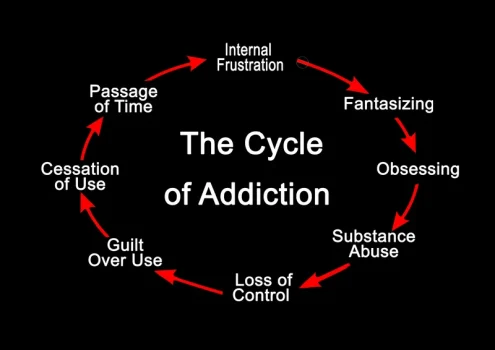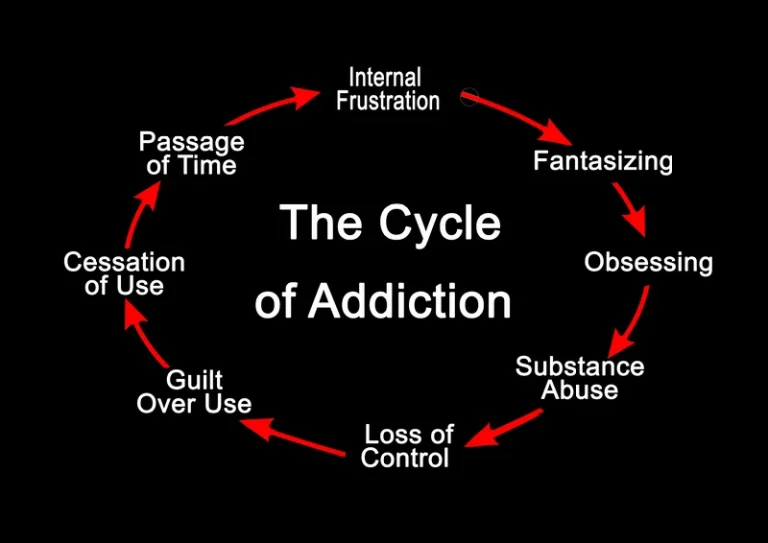
Addictions are more likely to result in serious harm, including suicide, unlike tolerance and physical dependence. The National Center for addiction vs dependence Drug Abuse Statistics says more than 20 million people over the age of 12 in the United States have substance use disorder. Most commonly, the cases are related to marijuana and prescription pain relievers. Addiction is considered “highly treatable.” But it can take a few tries for the therapy to be fully effective.

Tolerance, Physical Dependence, and Addiction Explained

If you or someone you know is struggling with addiction or dependence, don’t hesitate to reach out for help. Many resources are available, including the best addiction recovery podcast, support groups, and professional treatment programs. Remember, recovery is possible, and seeking help is a sign of strength and courage. Remember, you are not alone, and there is always hope for a better future. Misunderstanding these terms can lead to inappropriate patient management.
Mental vs. physical dependence
It is characterized by withdrawal symptoms with the patient being unable to cope when the drug is stopped. As a consequence, the diagnostic category of „substance dependence“ stayed with us through the DSM-IV, until it was dropped in 2013 in the DSM-5, along with the diagnostic category of „substance abuse.“ It is no secret that misinformation about addiction is rampant in popular media. One particular area of misinformation concerns how the use of language is employed when describing topics related to addiction.
Mental Dependence Vs. Physical Dependence
- Because of the direct effects on the brain, an addicted patient will often act out of character and develop an inability to determine whether and when their use has become problematic and uncontrollable.
- The minds behind the Diagnostic and Statistical Manual of Mental Disorders (DSM) find the term carries too much negative connotation and is ambiguous.
- If you find yourself struggling to control your alcohol or drug use, you’re not alone.
Long-term treatment also provides an opportunity for the individual to physically withdraw from whatever drug they were abusing while they focus on their mental and emotional rehabilitation. These centers also vary in terms of their provision of amenities, which range from basic to luxury options. Dependence, on the other hand, is characterized by a physical and psychological loss of control due to substance abuse. For example, physical dependence occurs when the body is reliant on the chemical interactions caused by a drug or substance.
It’s more like remodeling a house – you’re not just patching up a hole in the wall, you’re rebuilding the foundation and changing the entire layout. Now, here’s where it gets tricky – addiction and dependence often overlap, like two circles in a Venn diagram. It’s like a complicated dance routine where the partners sometimes move in sync and other times step on each other’s toes. The terms “addiction” and “dependence” may sound interchangeable, but they mean different things.

Partial Hospitalization Programs (PHP)

Individuals with SUD often experience health issues, legal problems, and job loss due to their substance abuse. Addiction is in its own category and is characterized as changes in behavior, which are caused by the biochemical changes in our brain due to prolonged substance abuse. Getting and using drugs become the main focal point in the person’s life, despite any and all consequences that may follow. For example, if a person is arrested for using drugs and leaves jail to pick up more, they’ve likely developed an addiction.
- According to the latest Diagnostic and Statistical Manual of Mental Disorders (DSM-5), there’s not really a distinction between dependence and abuse anymore.
- Most patients require long-term treatment, which can include medications, therapy, and residential programs.
- Substance dependence is much more common than you might think, as it does not automatically mean the person is addicted.
- AddictionResource aims to present the most accurate, trustworthy, and up-to-date medical content to our readers.
Different Parts of the Brain Affected
- Why have some organizations scrapped addiction from their vocabulary?
- On the flip side, we have psychological addiction, the master puppeteer of behavior and cognition.
- Considering the importance of prior literature on behavioral addiction, the primary aim of this study was to review the major approaches expressed in this field.
- Addiction causes individuals to act erratic or irrational when they cannot get more of their drug of choice.
- While a person who is dependent on a drug needs it to feel normal, it’s not creating a lot of chaos in their lives.
Withdrawal from both of these substances can be dangerous if not monitored correctly. This is why many treatment plans for certain kinds of substances involve tapering or medical interventions to make the physical symptoms of withdrawal more manageable. As we reach the end of our journey through the landscape of addiction and dependence, let’s take a moment to recap. Dependence is primarily about the body’s physical reliance on a substance, while addiction encompasses a broader pattern of compulsive use despite negative consequences.
